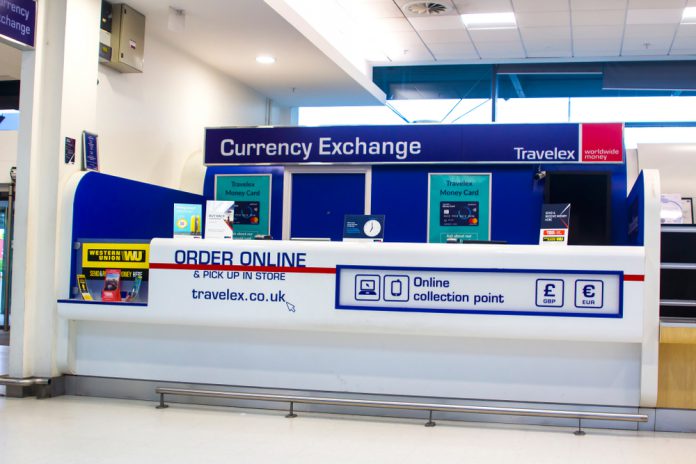Foreign exchange bureau Travelex has remained down since the opening day of the year following discovery of a software virus infection, which forced the firm to halt trading on its UK site.
It’s been reported that those responsible for the hack are demanding approximately $3m (£2.3m), threatening substantial and deeply damaging data leaks in the event of the company not abiding by the demands.
As news of the attack broke, Travelex offered the following update on its site: “As a precautionary measure in order to protect data and prevent the spread of the virus, we immediately took all our systems offline. Our investigation to date shows no indication that any personal or customer data has been compromised.”
Nonetheless, those claiming responsibility for the hack have claimed to possess 5GB of customer data.
The firm has since added that it ‘has proactively taken steps to contain the spread of the ransomware, which has been successful’.
Issuing a statement, it further explained: “To date, the company can confirm that whilst there has been some data encryption, there is no evidence that structured personal customer data has been encrypted.
“Whilst Travelex does not yet have a complete picture of all the data that has been encrypted, there is still no evidence to date that any data has been exfiltrated.”
Tony D’Souza, chief executive of Travelex also stated: “Travelex continues to offer services to its customers on a manual basis and is continuing to provide alternative customer solutions in the interim.”
Seeking to maintain some form of efficiency and appease its significant UK customer portfolio, Travelex has been utilising pen, paper and ink stamps to offer receipts confirming cash currency transactions.
Travelex’s myriad of highly regarded customers within the banking sector have all felt the impacts of the hack, with Tesco, Sainsbury’s and Virgin Money having been subsequently unable to use the platform and the exchange.
























